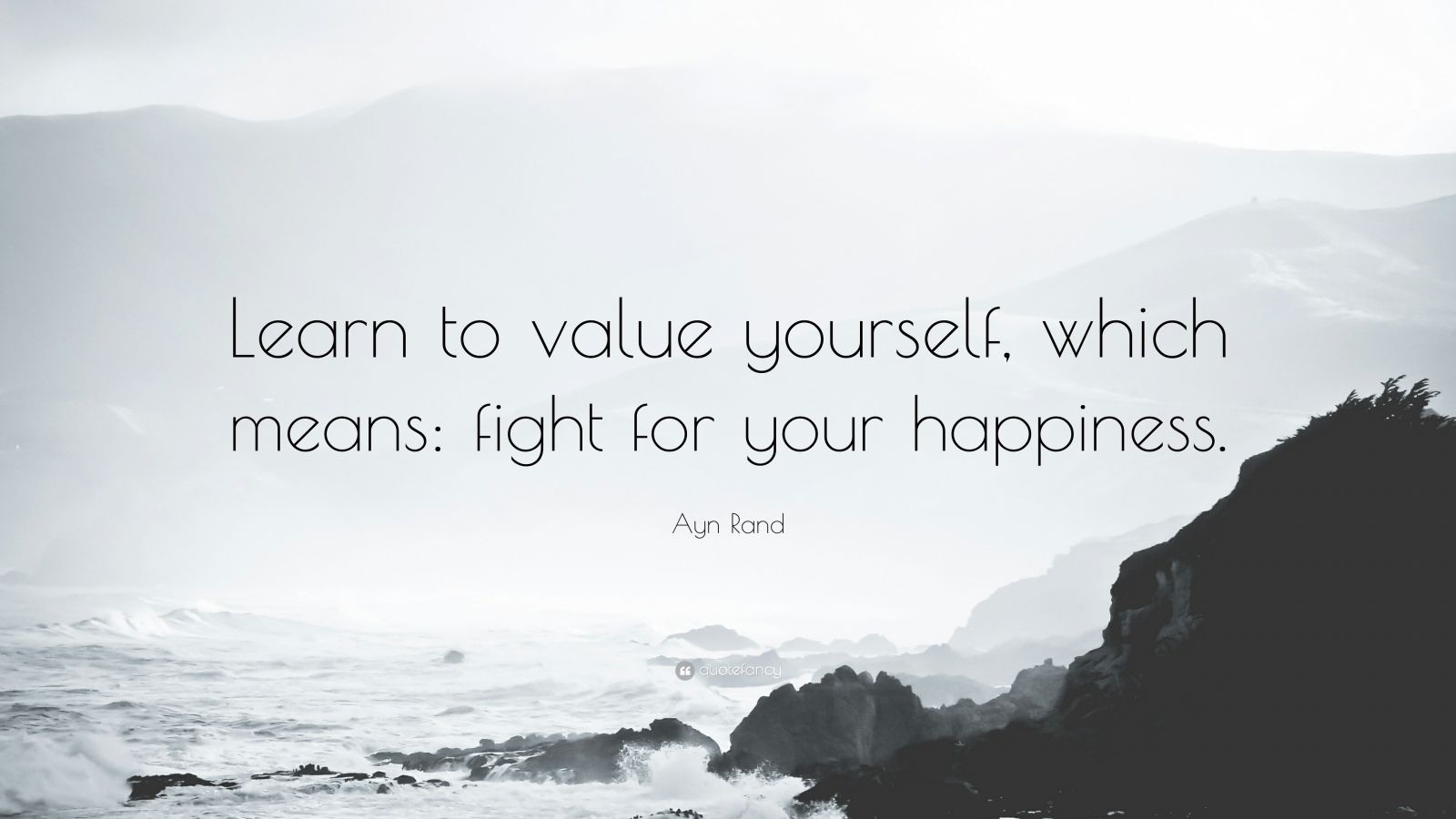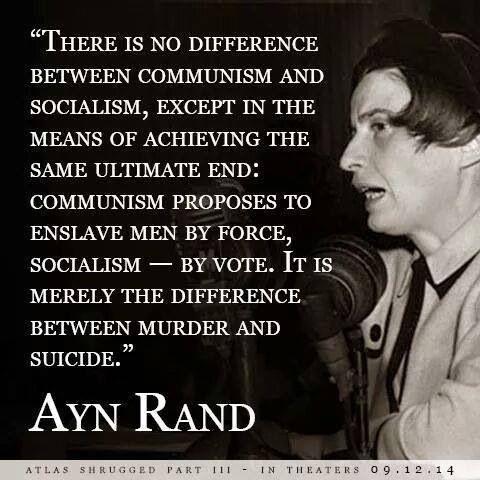Te blocked with Ni,
Gamma types take a longer-term view regarding efficiency and profitability, giving lower priority to the short term. Likewise, they tend to aim at the broader benefits of decisions, rather than only at those affecting themselves, giving them an inclination for self-sacrifice.
Gamma types like to talk about where present trends are leading in terms of potentially profitable events and undertakings.
Gamma types tend to give more value to ideas and concepts that are firmly connected to factual information.
Fi blocked with Se,
Gamma types take a hard-line approach regarding ethical principles and the punishment, even revenge, on those who break them.
Gamma types place high value on personal loyalty, once they feel a close relationship has been established.
Gamma types like to discuss personal relationships in a realistic manner and are skeptical that "jerks" can ever become "nice people", for instance.
Subdued elements
The subdued IM elements of the Gamma Quadra are Fe, Ti, Ne, Si or respectively. These elements reflect aspects of reality which Gamma Quadra types prefer to keep to themselves and not discuss openly.
Fe blocked with Si,
Gamma types don't tend to form or maintain groups based on fun, emotional interaction, but only take groups seriously that perform some common productive activity or discuss serious topics.
Gamma types reject the idea that it's best to avoid confrontations so as not to spoil the mood of those present, they prefer directness in settling or at least discussing disagreements.
Gamma types have difficulty relating to emotional atmospheres connected to "special dates" such as public holidays.
Ti blocked with Ne,
Gamma types do not see much point in deeply analyzing ideas that they see as having little practical application or connection to reality.
Gamma types are more inclined to speculate and discuss possible developments of present circumstances, or how these came about, than to speculate or analyze alternative scenarios or possibilities






 Reply With Quote
Reply With Quote

 department and excessive dwelling in
department and excessive dwelling in  .
.











